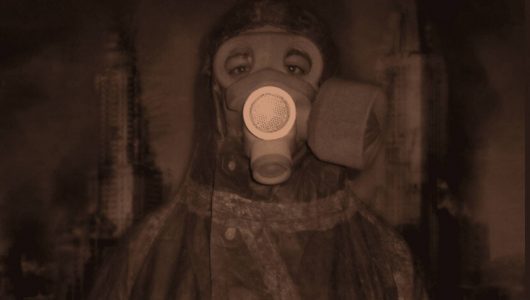
Islamic State terrorist group views coronavirus as celestial punishment
While the world suffers the brunt of the coronavirus pandemic, which paralyzed economies and military and civil activities, terror group ISIS said it views it as a “divine punishment” and chooses to exploit the situation to build up terrorist activities around the world.
The growth of ISIS terrorist acts appears to be linked, at least in part, to the decline in defensive actions by the International Coalition, as the pandemic forced the US-led Coalition to suspend important aspects of its campaign in Iraq and Syria.
A senior Coalition official told CNN that ISIS has ramped up its attacks since the outbreak of the coronavirus, taking advantage of the curfew imposed by Iraqi authorities and the current instability.
The increased attacks by the terror group come as Iraqi forces have been forced to divert resources and manpower to enforce curfews due to COVID-19, CNN reported.
Before the temporary halt of some military operations due to the coronavirus, the US-led military coalition and its Syrian and Iraqi allies have succeeded in targeting mid-level ISIS leaders, the official told CNN, adding that it is difficult for the group to replace those leaders.
A political researcher at George Washington University said that the US-led coalition still advises the Iraqi Army, which helps in coordinating airstrikes and intelligence exchange.
The researcher, speaking to Asharq Al-Awsat, said that the recent terrorist actions carried out by ISIS proxies in southern Asia and Africa presents a stark reminder that ISIS still is a threat away from Iraq and Syria.
Since the pandemic started to dilute the abilities of security authorities everywhere, ISIS has been launching operations in Afghanistan and West and Central Africa.
ISIS specifically exploited the pandemic to launch attacks in Iraq, the Maldives, and the Philippines, and to spread strong calls for its followers to carry out attacks in the West.
There are still between 20,000 and 25,000 ISIS fighters in Iraq and Syria, according to estimates by the Washington-based Center for Strategic and International Studies, and this is a major risk because it means that the organization has the ability to reshape its ranks.
Source: Aawsat





